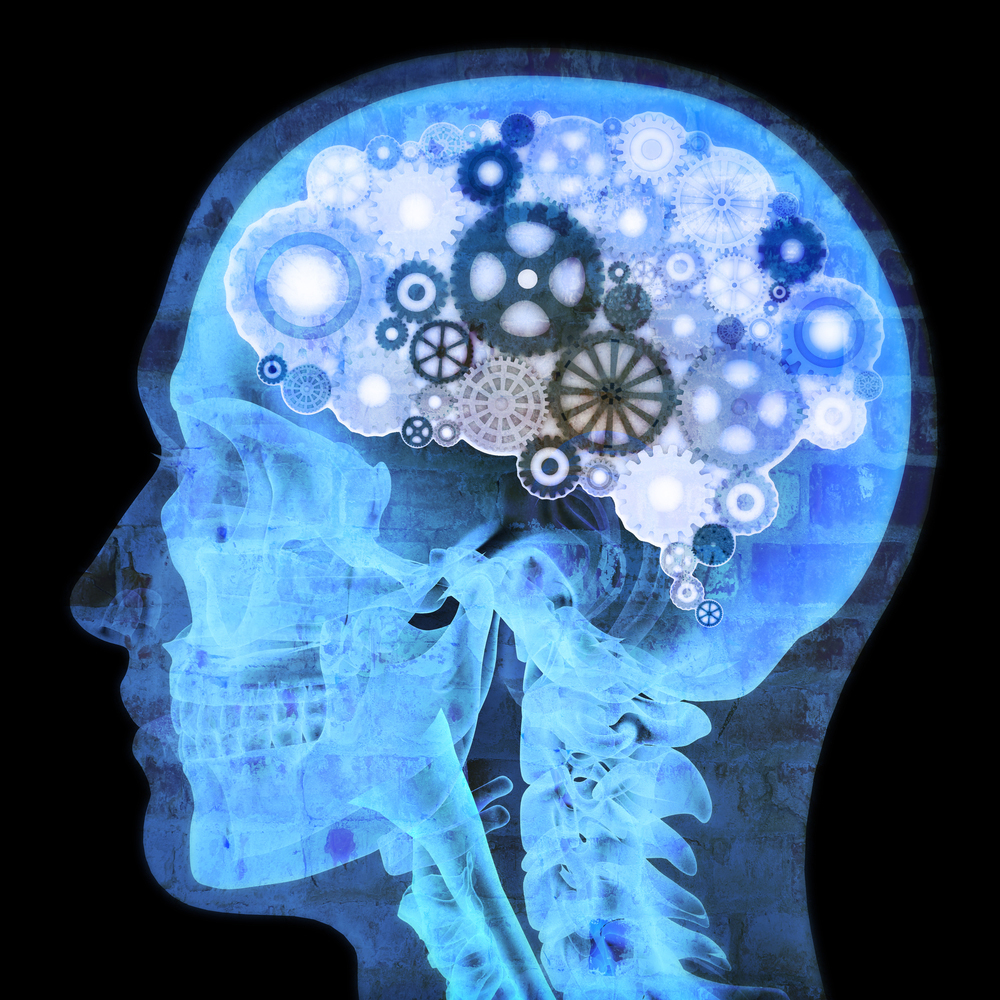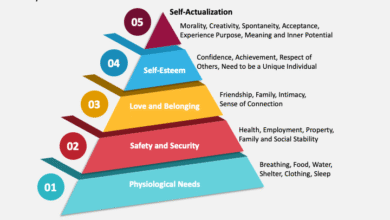The Cognitive Perspective: Understanding Mental Processes

The cognitive perspective in psychology centres on the intricate workings of the mind—how people think, learn, remember, solve problems, perceive the world, and make decisions. Unlike behaviourism, which focuses on observable actions, the cognitive approach explores internal mental processes and likens the mind to a computer, interpreting, organising, and responding to information.
Origins of the Cognitive Perspective
The cognitive perspective gained momentum in the mid-20th century as psychologists sought to understand human thought beyond behaviourist explanations. Key figures such as Jean Piaget, Noam Chomsky, and Ulric Neisser helped shape cognitive psychology, demonstrating that human behaviour is deeply influenced by mental processes.
Key Components of Cognitive Psychology
Cognitive psychologists study several fundamental aspects of mental function, including:
- Thinking & Problem-Solving – How individuals process information, evaluate solutions, and make decisions.
- Memory & Learning – Examining how people encode, store, and retrieve information.
- Perception – Understanding how the brain interprets sensory input from the environment.
- Language Processing – Exploring how individuals develop and use language for communication.
Cognitive psychology also emphasizes the importance of schemas—mental frameworks that help people organize knowledge and interpret new experiences.
Comparing the Mind to a Computer
A defining feature of the cognitive perspective is the analogy of the human brain functioning like a computer:
- Input – Sensory information gathered from the world.
- Processing – Analysing and interpreting that information.
- Storage – Retaining learned information for future use.
- Output – Making decisions or taking action based on stored knowledge.
This framework helps researchers study how individuals process information efficiently and where cognitive errors or biases may occur.
Applications of Cognitive Psychology
The cognitive perspective has significantly influenced various fields, including:
- Education – Helping refine learning techniques and problem-solving strategies.
- Artificial Intelligence – Contributing to the development of AI systems that mimic human thought.
- Mental Health Treatment – This leads to therapies like cognitive behavioural therapy (CBT), which helps people challenge negative thought patterns.
- User Experience Design (UX) – Assisting in the development of intuitive technology interfaces based on cognitive processing.
Criticism and Limitations
Despite its contributions, the cognitive perspective is sometimes criticised for overlooking emotions and social influences on thought processes. While it provides insights into how people think, critics argue that cognition cannot be entirely isolated from feelings or environmental context.
Advanced Insights into the Cognitive Perspective
1. Information Processing Model: The Mind as a Computer
One of the defining metaphors in cognitive psychology is the comparison of the mind to a computer, processing information in distinct steps:
- Encoding: The brain absorbs sensory data from the environment.
- Storage: Information is organized and stored in memory systems.
- Retrieval: The mind recalls stored data for decision-making and problem-solving.
This model has been instrumental in artificial intelligence (AI) and educational psychology, improving learning techniques and human-computer interaction.
2. Cognitive Biases: How Thought Processes Can Go Wrong
Despite our ability to process information efficiently, human thinking is not always rational. The cognitive perspective has identified numerous biases that affect decision-making:
- Confirmation Bias: The tendency to seek out information that supports existing beliefs while ignoring contradictory evidence.
- Availability Heuristic: Judging the likelihood of an event based on how easily it comes to mind.
- Overconfidence Effect: Overestimating one’s abilities or knowledge.
Understanding cognitive biases helps improve critical thinking and decision-making, particularly in fields like economics, marketing, and social psychology.
3. Cognitive Neuroscience: Bridging Psychology and Biology
Advancements in brain imaging technologies—such as fMRI and EEG—have revolutionized cognitive psychology, allowing researchers to study how specific brain regions handle different cognitive tasks. For example:
- The hippocampus plays a crucial role in memory formation.
- The prefrontal cortex is essential for problem-solving and impulse control.
- The amygdala influences emotional responses and decision-making.
This integration of psychology and neuroscience has been critical in treating disorders such as Alzheimer’s disease, ADHD, and traumatic brain injuries.
4. Cognitive Psychology in Everyday Life
The cognitive perspective is widely applied in real-world settings, shaping:
- Education: Designing effective learning strategies based on cognitive load and memory retention.
- Therapy: Cognitive Behavioural Therapy (CBT) helps individuals reframe negative thought patterns.
- Technology: User-friendly interface design in apps and websites, ensuring intuitive navigation.
- Marketing: Understanding consumer decision-making processes to craft persuasive advertisements.
Conclusion
The cognitive perspective provides a deep understanding of how thought, memory, perception, and problem-solving shape behaviour. From influencing modern therapy to artificial intelligence, this approach remains foundational in psychology. By recognising cognitive patterns and biases, individuals can improve critical thinking, decision-making, and overall mental well-being.



